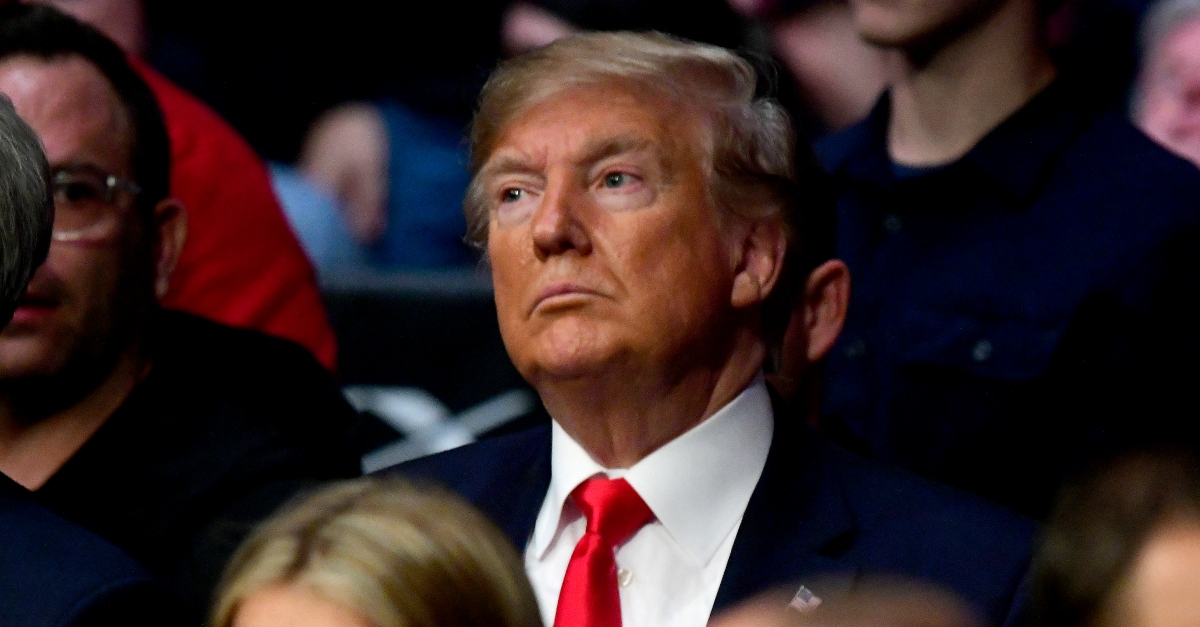
After a federal judge on Monday ordered former White House counsel Don McGahn to testify before congressional impeachment investigators, attorneys from the Department of Justice on Tuesday immediately filed court documents requesting the decision be stayed while the administration pursues an appeal.
While the federal appellate process is typically a torpid and protracted endeavor that can delay cases for months or even years, the court’s decision in this case is not only one of extreme significance, it’s also one that must be decided before the impeachment proceedings into President Donald Trump conclude and the controversy becomes moot.
McGahn’s attorney has already stated that if the stay is granted, which is likely given the weight of the checks and balances issues being decided, his client will not testify until the case is fully adjudicated.
Similarly, the attorney for former Trump national security adviser John Bolton and Bolton deputy Charles Kupperman has already attempted to draw a distinction between McGahn and his clients’ cases, saying Tuesday they will continue to pursue their own resolution.
Even forcing McGahn and others to testify may prove futile, as the administration’s penchant to exert executive privilege is a separate issue that may have to be decided in the courts.
Drawing parallels to the adjudication of a similar controversy that unfolded during the Watergate era, however, Supreme Court lawyer and legal analyst Neal Katyal on Tuesday said he believes the courts will act swiftly in deciding whether current and former administration officials will be forced to testify before Congress.
“They can exert executive privilege, and that can be litigated as well,” Katyal said Tuesday on Today.
“And look, I expect this president who’s been hiding and obfuscating so much – because he’s afraid of the truth coming out – to try and do that. But I think the courts will move quickly, just as they did with Richard Nixon and say, ‘Hey, you can’t play these games too long,’” he continued.
Katyal then explained the how the Nixon courts addressed the president’s attempts to withhold evidence on an expedited timeline, a topic he said he addresses in more detail in his new book “Impeach: The Case Against Donald Trump.”
“That timeline in the Nixon impeachment: three months, start to finish in these executive privilege fights, all the way up to the Supreme Court,” Katyal said.
President Trump claimed on Tuesday that he isn’t obstructing the impeachment inquiry by directing people not to testify, he’s “fighting for future Presidents and the Office of the President.”
McGahn Appeal by Law&Crime on Scribd
[Image via Steven Ryan/Getty Images]